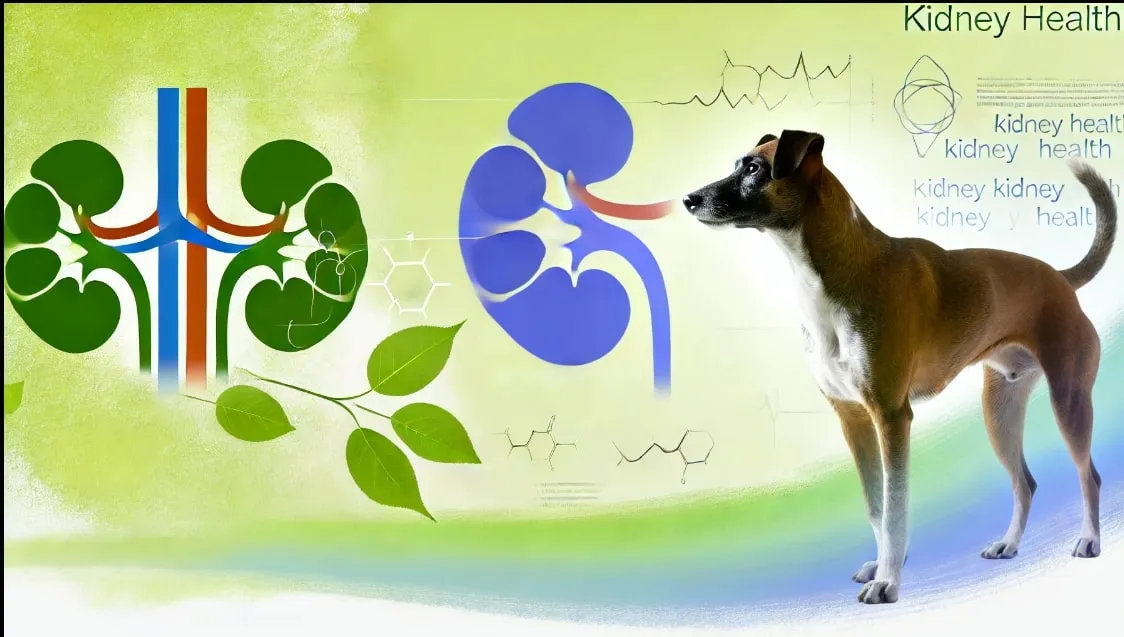Kidney Issues in Dogs

Kidney issues are a serious concern for dogs and can significantly affect their overall health and well-being. This section provides comprehensive information on understanding, managing, and preventing kidney issues in your dog.
Understanding Kidney Issues
The kidneys play a crucial role in filtering waste products from the blood, maintaining fluid and electrolyte balance, and producing urine. When the kidneys are not functioning properly, toxins can build up in the bloodstream, leading to various health problems.
Common Kidney Issues
- Chronic Kidney Disease (CKD): A gradual loss of kidney function over time.
- Acute Kidney Injury (AKI): A sudden and severe decline in kidney function, often due to toxins, infections, or dehydration.
- Kidney Infections (Pyelonephritis): Bacterial infections that affect the kidneys.
- Kidney Stones: Hard mineral deposits that form in the kidneys and can cause pain and urinary problems.
Symptoms of Kidney Issues
- Increased thirst and urination
- Decreased appetite and weight loss
- Vomiting and diarrhea
- Lethargy and weakness
- Bad breath with a chemical odor
- Pale gums
- Blood in urine
- Swelling in the limbs or abdomen
Diagnosing Kidney Issues
If you notice any of the symptoms mentioned above, it is essential to consult your veterinarian. The diagnosis of kidney issues typically involves:
- Physical Examination: Checking for signs of dehydration, swelling, and other symptoms.
- Blood Tests: Assessing kidney function by measuring blood urea nitrogen (BUN) and creatinine levels.
- Urine Tests: Evaluating the concentration and composition of urine to detect abnormalities.
- Imaging: Using ultrasound or X-rays to visualize the kidneys and identify any structural changes.
Managing Kidney Issues
While some kidney issues can be managed and treated, others, such as chronic kidney disease, require long-term care. Management strategies include:
- Dietary Changes: Feeding a kidney-friendly diet that is low in phosphorus and protein to reduce the burden on the kidneys.
- Hydration: Ensuring your dog stays well-hydrated by providing fresh water and, in some cases, administering subcutaneous fluids.
- Medications: Prescribing medications to control symptoms such as high blood pressure, nausea, and electrolyte imbalances.
- Regular Monitoring: Frequent check-ups with your veterinarian to monitor kidney function and adjust the treatment plan as needed.
Preventing Kidney Issues
While not all kidney issues can be prevented, there are steps you can take to reduce the risk:
- Regular Vet Visits: Schedule regular check-ups to detect early signs of kidney problems.
- Healthy Diet: Feed a balanced diet that supports overall health.
- Hydration: Ensure your dog always has access to fresh water.
- Avoid Toxins: Keep your dog away from substances that can harm the kidneys, such as certain medications, antifreeze, and toxic plants.
- Prompt Treatment: Address any underlying health issues, such as infections or dehydration, promptly.
Conclusion
Kidney issues in dogs require careful management and regular veterinary care. By understanding the symptoms and taking preventive measures, you can help ensure your dog’s kidneys remain healthy and functional. For any concerns or further information, consult your veterinarian.
For more information or support, join our Pack Platform to connect with other dog parents and experts.